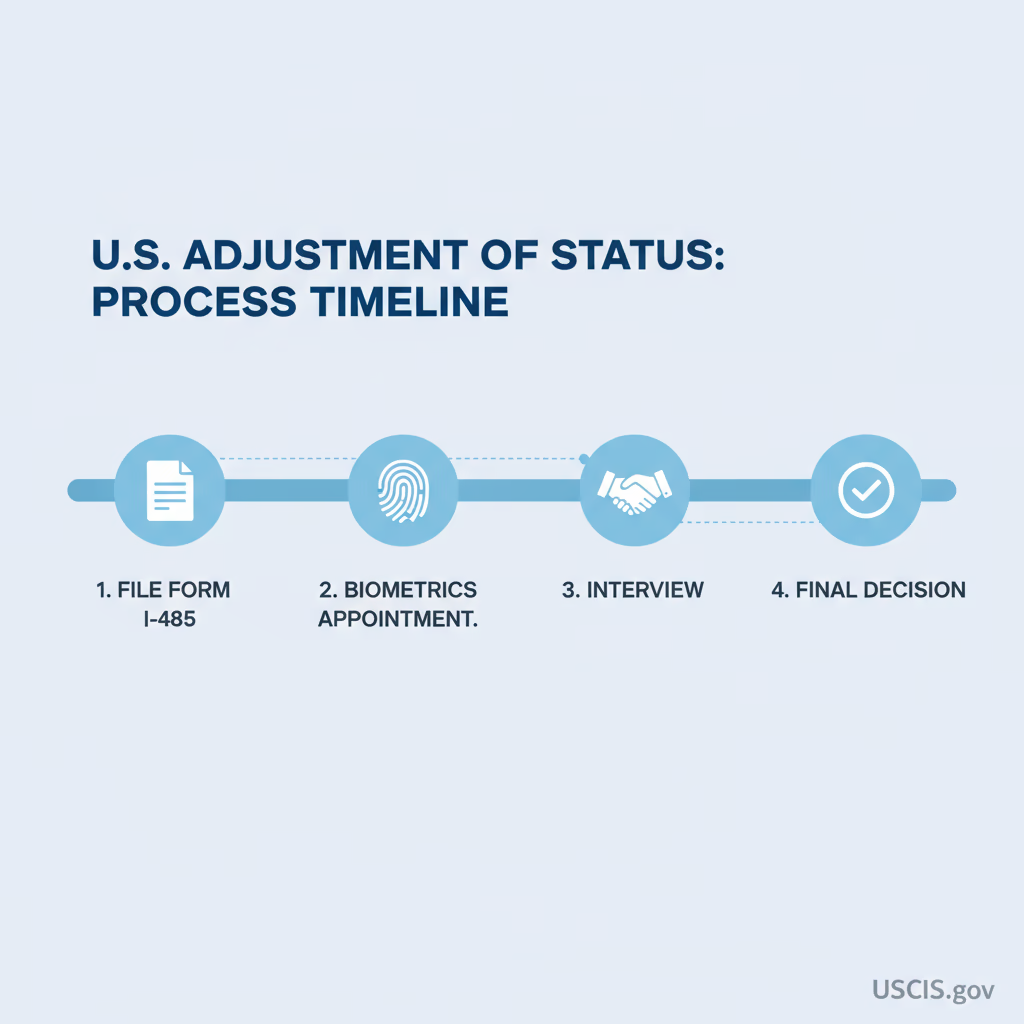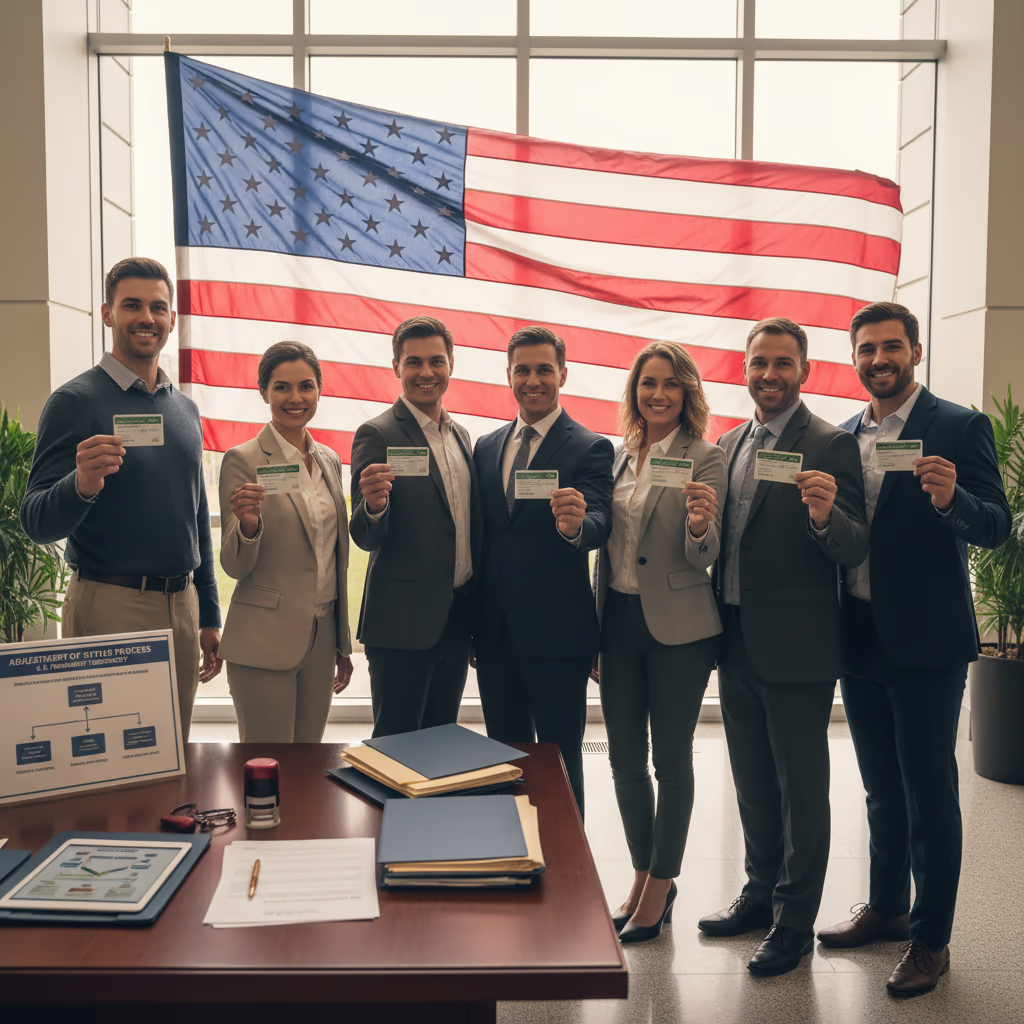The landscape of immigration in the Dallas-Fort Worth metroplex is in constant motion, shaped by new policies, legal challenges, and evolving community needs. For residents and businesses across North Texas, staying informed about these developments is not just important—it’s essential. Recent policy updates and ongoing challenges are creating fresh uncertainty and requiring our community to adapt and respond.
This article provides a critical update on the latest immigration news affecting DFW. We will cover key policy changes, explore the reactions from local community leaders and experts, and analyze the potential consequences for families and our economy. We will also outline actionable steps you can take to stay engaged and find reliable information.
The Shifting Sands of State and Federal Policy
Immigration policy has become a major focus at both the state and federal levels, with direct consequences for the millions of residents in Dallas-Fort Worth. Two key areas are drawing significant attention: the implementation of state-level enforcement laws and shifts in federal asylum processing.
The Ongoing Battle Over Texas Senate Bill 4 (SB 4)
One of the most significant recent developments is the continued legal battle over Texas Senate Bill 4. This law grants state and local police the authority to arrest and detain individuals suspected of entering the U.S. illegally, a role traditionally reserved for federal agents. The law also empowers Texas judges to issue orders for individuals to return to Mexico.
While proponents argue SB 4 is necessary for border security, its implementation has been mired in legal challenges, creating a “whiplash” effect for communities. The law has been temporarily blocked and reinstated by various court orders, leaving law enforcement, immigrant families, and legal advocates in a state of confusion.
Community Reaction:
Local advocacy groups across DFW have been vocal in their opposition. “The legal back-and-forth over SB 4 creates a climate of intense fear,” says an attorney from a Dallas-based legal aid organization. “Families are scared to go to the grocery store or take their kids to school. This uncertainty harms community trust and makes everyone less safe, as people may be afraid to report crimes.”
Expert Insight:
Legal experts point out that the core of the issue is whether a state can create its own immigration enforcement system. “This is a fundamental question of constitutional authority,” explains a professor of constitutional law at a local university. “The outcome of this legal fight will set a precedent for the entire country. For now, DFW police departments are caught in the middle, awaiting clear guidance on their duties and limitations.”
Changes in Asylum Processing at the Border
Simultaneously, federal policy updates are changing how asylum claims are processed at the southern border. New regulations aim to expedite the screening of asylum seekers, with stricter standards applied at the initial stages of the process. This means individuals may have their cases decided much more quickly and with less opportunity to gather evidence or secure legal representation.
For DFW, a major hub for asylees and refugees, this change is significant. Many individuals who cross the border have family or community ties in North Texas and plan to settle here while their cases are pending.
Potential Implications:
These faster-paced asylum screenings could mean that fewer individuals with valid claims are able to make their case successfully. “A person fleeing persecution is often traumatized and may not have all their documents in order,” notes a director at a Fort Worth refugee assistance agency. “A rushed process can easily lead to incorrect denials, sending people back to dangerous situations. It also puts immense pressure on legal aid organizations in DFW to respond almost instantly when we learn of a new arrival who needs help.”
The Impact on DFW Residents and Businesses
These policy shifts have tangible, real-world consequences for the people and economy of Dallas-Fort Worth.
For Residents and Families
The primary impact is a pervasive sense of anxiety, especially within mixed-status families where members have different immigration statuses. A U.S. citizen child may worry about their undocumented parent being arrested during a routine traffic stop under SB 4. A legal permanent resident may feel scrutinized due to their accent or appearance. This fear can lead to social isolation and a reluctance to engage with public institutions, including schools and hospitals.
For Businesses and the Economy
The DFW economy relies on a stable and diverse workforce. Immigrants are essential in key sectors like construction, hospitality, and healthcare. Policy uncertainty makes it difficult for employers to plan for the future.
“Businesses thrive on predictability,” states a representative from a North Texas business chamber. “When a significant portion of the workforce faces legal instability, it creates labor shortages. Companies struggle to find workers, projects get delayed, and costs go up. This affects everyone, from homebuilders to restaurant owners.” Furthermore, the entrepreneurial drive of immigrants is stifled when their ability to remain in the country is in question, potentially slowing the creation of new businesses and jobs.
How to Stay Informed and Engaged
Navigating this complex environment requires access to accurate information and a willingness to get involved. Here are some actionable steps you can take:
1. Follow Reliable Sources
Avoid getting your information from social media rumors or untrustworthy sources. Turn to credible news outlets and community organizations for updates.
- Local News: Reputable local newspapers and television stations often provide detailed coverage of how state and national policies affect the DFW area.
- Legal Aid Organizations: Groups like Catholic Charities of Dallas, Human Rights Initiative of North Texas, and RAICES regularly post updates on their websites and social media about policy changes and “Know Your Rights” information.
2. Know Your Rights
Everyone, regardless of immigration status, has constitutional rights. It is crucial to know them.
- You have the right to remain silent.
- You do not have to answer questions about where you were born or how you entered the U.S.
- You have the right to speak with a lawyer before answering any questions.
- Do not sign any documents you do not understand.
Community organizations across DFW frequently host free “Know Your Rights” workshops. Attending one can provide you and your family with vital information.
3. Support Community Organizations
The non-profits on the front lines are providing essential legal and social services, often with limited resources. Consider supporting them.
- Donate: Financial contributions help these organizations provide low-cost legal aid, food, and shelter to immigrant families.
- Volunteer: Many groups need volunteers for everything from administrative tasks to mentoring newly arrived families or teaching English.
4. Engage in Civic Discourse
Make your voice heard. Contact your elected officials at the local, state, and federal levels to share your views on immigration policy. Participate in town halls and community meetings to advocate for policies that you believe will strengthen the DFW community.
The immigration challenges facing Dallas-Fort Worth are complex and deeply human. They affect our neighbors, our economy, and the very identity of our region. By staying informed, knowing our rights, and supporting one another, we can navigate these uncertain times and work toward building a more stable and welcoming community for all.






